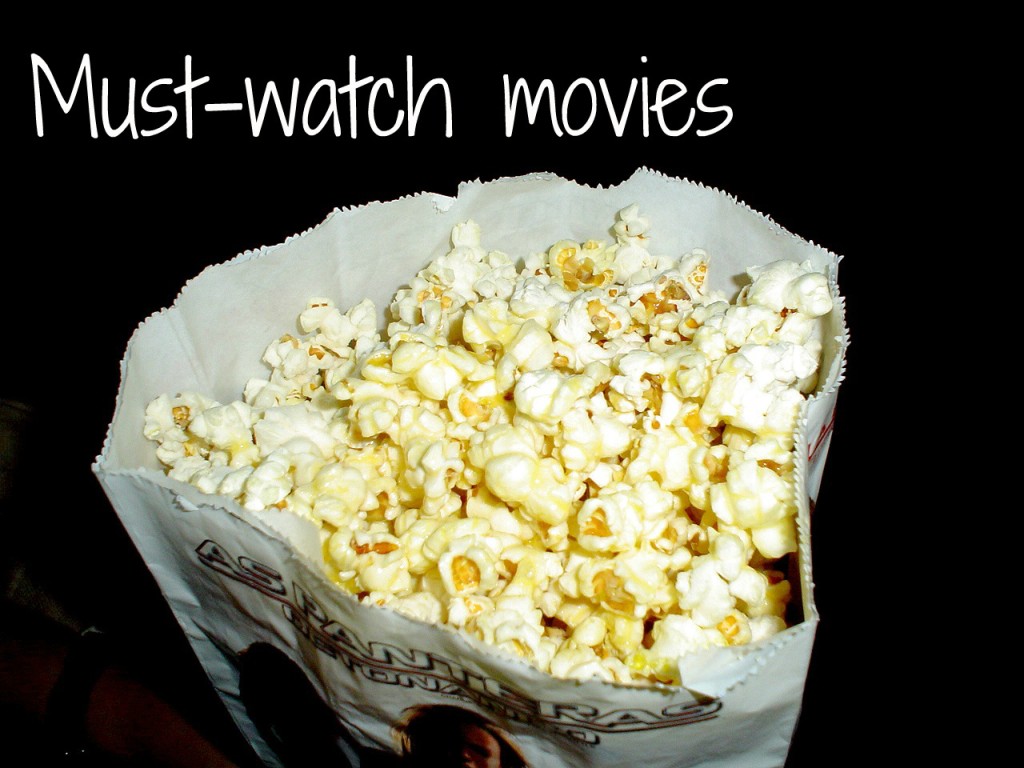From movies to video games to theatre plays to books, varying forms of entertainment can offer an interesting perspective on the human condition and a fascinating examination of our interactive behaviours. Listed here are some of the best must-watch movies!
These are a few of my favourite films which have characters and dialogue that are not only enjoyable to watch, but are also incredibly interesting to study from a rhetorical point of view:
- Before Sunrise/Before Sunset: These are two of the most beautiful movies I have ever seen. They consist of two people wandering around European streets and having a conversation. That's the extent of it, and it is genius. The ideas presented are inspiring.
- Coffee and Cigarettes: As with Before Sunrise and Before Sunset, this is a film which focuses on conversations between people and little else. Somehow the interactions are incredibly stimulating; there's something about watching everyday conversations being played out that is really wonderful from both an entertainment and an analytical point of view (the success of the TV show Seinfeld
is evidence enough that the everyday is not synonymous with boring).
- Intolerable Cruelty: I adore the Coen Brothers. This movie plays with double-crossing, persuasion, seduction, and sneaky manipulation and deception techniques. Their portrayal of how everything is twisted by the lawyers in the film provides plenty of humour as well.
- The Darjeeling Limited: Everyone in this movie is completely selfish. They are each convinced that they are special and that they alone make a difference, and that their experiences have changed them. But in the end, even after everything they go through, their core selves remain the same. Depressing? Maybe. Real? I think so.
- The Third Man: Screenplay (and novella) written by one of my favourite authors, Graham Greene, this is a movie which retains the writer's essence of clever ideas combined with class struggles and quick tongues. It is thought-provoking and full of memorable lines.
- 12 Angry Men: This is the perfect example of the Elaboration Likelihood Model of persuasion. It demonstrates how human attitudes can be swayed and the rhetorical techniques that can be used to alter perspectives. In this case, set in a courtroom, it shows the power of intimidation and the effects of objective points of view with twelve jurors arguing whether or not the accused is guilty.
